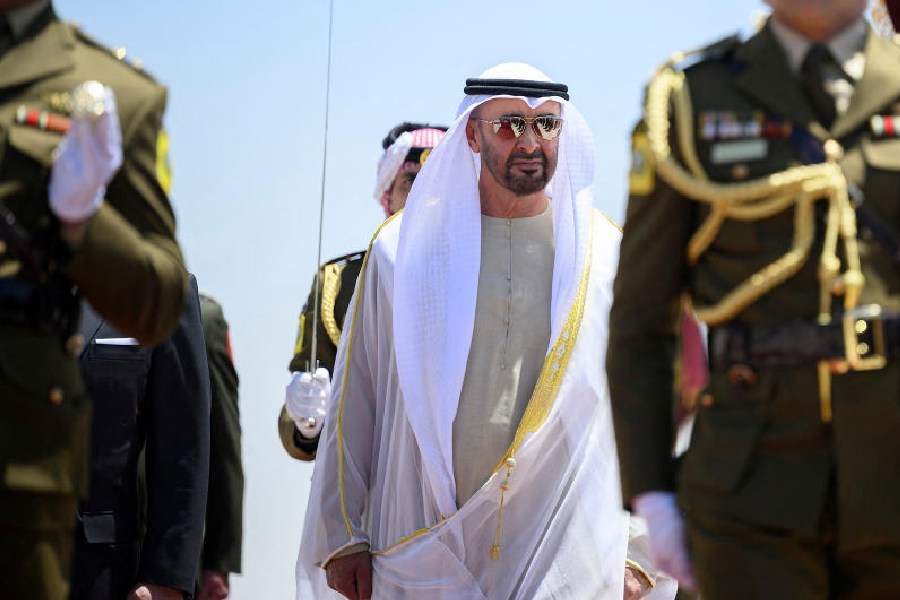The ruler of the UAE, Sheikh Mohamed bin Zayed, is a key American ally who counts on the US to defend his country.
But he has travelled twice to Russia over the past year to meet President Vladimir V. Putin, and in June, his country was celebrated as the guest of honour at the Russian leader’s flagship investment forum. Later this month, the Emirati and Chinese air forces plan to train together for the first time, a notable shift for an oil-rich Gulf nation that has long relied on American fighter jets, weapons and protection.
These deepening relationships show how a West Asian leader viewed by the US government as an important partner is increasingly striking out on his own path. American officials have had limited success in persuading Sheikh Mohammed to align with US foreign policy — particularly when it comes to limiting Chinese military ties and isolating Russia after the invasion of Ukraine.
Instead, the Emirates has thrived on inflows of Russian money, oil and gold, fueling a feeding frenzy in real estate in the glittering metropolis of Dubai. The growing ties with both American rivals and expanding economies like India are all in preparation for a world that may someday be no longer dominated by the US.
“What we’re seeing in the international order is not necessarily a multipolar world, but we’re seeing a more fluid world where things are changing,” Anwar Gargash, a diplomatic adviser to Sheikh Mohammed, told The New York Times recently. In a lecture in Arabic last year, he was much blunter, declaring that western hegemony was “in its final days”.
Over the past decade, Emirati leaders have grown concerned about Washington’s long-term commitment to West Asia, which still hosts tens of thousands of American military personnel. They fear a decline in American interest in the region — and the military defence that comes with it — and argue that Washington has not done enough to deter threats from Iran.
But at the same time, they continue to seek greater protection from the US. “I think it’s a hard moment,” Dana Stroul, deputy assistant secretary of defence for West Asia, told The New York Times in June when asked about the Emirati misgivings. The US is still present in the region but is “asking our partners to step up and do more, and that is a shift”, she added.
New York Times News Service











